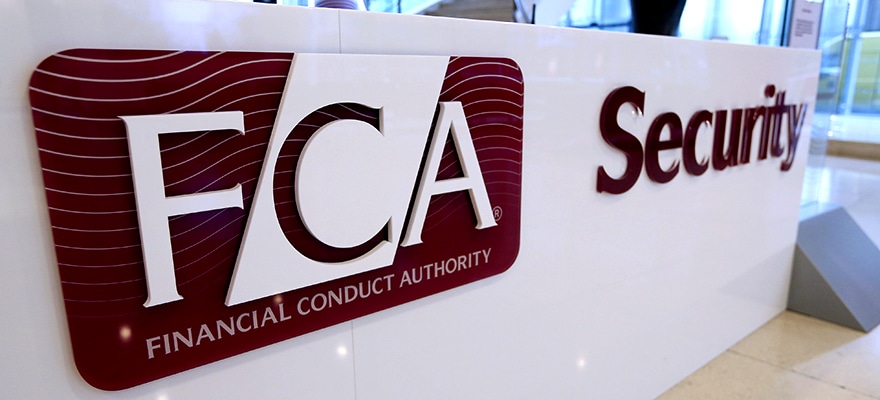The economic crisis caused by the new coronavirus pandemic has wreaked havoc on most industries and asset classes, with only individual industries and safe-haven assets seeing growing profits. The cryptocurrency market was no different: in February, Bitcoin plunged to $4,850. However, the subsequent price actions for different markets were of many discrepancies. While the Dow Jones Industrial Average was around -3% at the end of August, compared to its year’s high before the pandemic, Bitcoin has been up by 18% in mid-August since its sharp decline in February, having reached $12,400. This is just one demonstrative example.
No wonder that with the global shake-up of the stock market investors are starting to explore opportunities for diversification of their capital. Speaking of institutional investors, we can recall several cases of how they expressed

Konstantin Anissimov, Executive Director, CEX.IO
their positivity toward Bitcoin this year. Paul Tudor Jones, an American billionaire with a long record of successful hedge fund management, told CNBC that almost 2% of his assets were in Bitcoin. Renaissance Technologies, a quantitative hedge fund worth $75 billion, said this April it was considering investing in Bitcoin futures. The digital asset, YRD Capital hedge fund has generated more than 20% of its yearly return since it launched in 2017, which is more than decent by traditional standards.
Besides, there have recently been two big buy-ins from MicroStrategy and Tahini into Bitcoin. MicroStrategy, a business Analytics and mobility firm, has bought 21,454 BTC for roughly $250 million this August, making Bitcoin its primary reserve asset, with its CEO, Michael J. Saylor saying that Bitcoin has greater long-term appreciation potential than fiat cash. And Tahini, a large Middle Eastern restaurant chain based in Canada, tweeted on 19 August that it had switched its cash reserves to Bitcoin.
Also, the volatility of the cryptocurrency market has substantially cooled down since the rollercoaster 2017 and 2018, which indicates the stabilization of this market. It is not as speculative as it was in 2017, which attracts institutional investors. A safe haven asset cannot be hard to predict, it should be quite predictable. Although Bitcoin is not quite a safe haven in the traditional sense as say gold is, it has certainly become more stable compared to how it traded between 2017 and 2018. And given its current year’s much more rapid recovery than that of the U.S. stock market after the February fall, it will be fair to say that Bitcoin is really acting like a reasonable asset to seriously consider for the investment portfolio.
What Attracts Institutional Investors in Bitcoin?
Recent market data shows that Bitcoin is showing quite a high return along with considerably decreased volatility. The demand for real estate is presently at risk due to the long-term market shift brought in by the work-from-home regimes and the government bonds’ returns, which are around historic lows. The stock market is recovering on airbag money pumped into the American economy, making this growth largely dependent on the Fed’s cash and selected industries like tech companies and pharma giants rather than the actual performance of the U.S. economy. At the same time, pension funds need to keep making a profit, and therefore, they invest more in hedge funds. Hence, the hedge funds are constantly looking for new asset classes with a good risk-reward balance. Cryptocurrencies are more and more taking the position of the traditional high-risk equity or FX. The recent news about MicroStrategy investing in Bitcoin is especially important because of the company’s status as a PLC (public limited company). This means that a public company with strict requirements for financial diligence to its shareholders has acquired a substantial amount of BTC, has publicly and firmly announced its decision and has taken a determined stance that this choice will not have a detrimental effect on the company’s share prices or its corporate social responsibility.
Also, the regulation of the cryptocurrency market that has drastically improved over the last two years in different parts of the world speaks in favour of Bitcoin and other Cryptocurrencies as a reliable financial asset. The adopted regulatory measures oblige cryptocurrency exchanges to protect investors’ money from theft or misappropriation, which makes cryptocurrencies all the more attractive to institutional investors and funds.
Considering all these factors, I think Bitcoin is and will keep being an attractive asset for institutional investors. So, I believe that in the near future we should be seeing more news on the increasing demand for Bitcoin from institutional investors.
Can Bitcoin Become a New Safe Haven on Par with Gold?
A data analytics firm Skew has registered an all-time-high correlation between gold and Bitcoin this year, which has reached 70%. I think this shows that Bitcoin in 2020 is more than ever starting to look like a safe haven asset. And companies making Bitcoin their strategic reserve asset also show their attitude toward this cryptocurrency as a long-term winning bet.
Furthermore, influential investors, such as Robert Kiyosaki, are promoting Bitcoin as a lucrative long-term asset. Such recognition adds positivity to the public attitude towards the pioneer cryptocurrency and the whole asset class. Investors are starting to look at cryptocurrencies as legitimate assets like equities, bonds and traditional fiat currencies. As more institutional investors continue to add cryptocurrencies and their derivatives to their portfolios, we are bound to see the crypto market develop, grow and mature even further.
Konstantin Anissimov is an Excutive Director of CEX.IO














